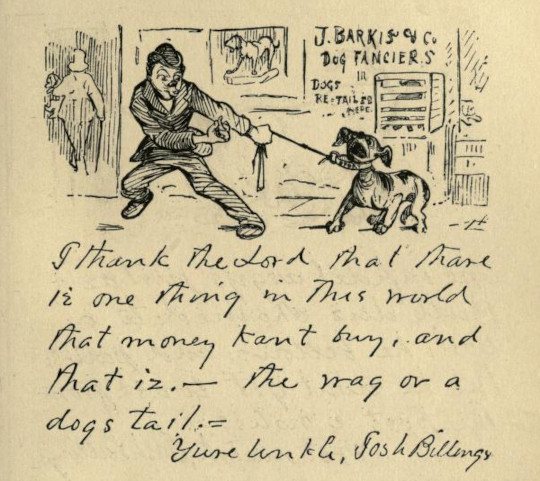Carl Sagan? Marcello Truzzi? Pierre-Simon Laplace? David Hume? Benjamin Bayly? Elihu Palmer? William Craig Brownlee? F. B. Barton? William Denton? Ely Vaughan Zollars? Joseph Rinn? James Oberg? Arthur C. Clarke?
Question for Quote Investigator: Tabloid newspapers have printed remarkable claims about alien abductions, mischievous ghosts, bigfoot sightings, and other anomalies. Skeptics have countered these reports by stating that the evidence is inadequate. Here are two versions of a pertinent adage:
Extraordinary claims require extraordinary evidence.
Extraordinary claims require extraordinary proof.
This saying has been attributed to astronomer Carl Sagan, sociologist Marcello Truzzi, and mathematician Pierre-Simon Laplace. Would you please explore this topic?
Reply from Quote Investigator: These sayings form a natural family although the vocabulary and phrasing varies. The following overview with dates shows the evolution:
1708: These matters being very extraordinary, will require a very extraordinary proof (Benjamin Bayly)
1738: As it is a matter of an extraordinary kind, it is but reasonable in us to require extraordinary evidence for it
1740: Every man has a right to demand extraordinary evidence for any extraordinary fact (Arthur Ashley Sykes)
1741: Assertions so contrary to fact … require some extraordinary proof to gain our credit and assent (John Straight)
1748: A wise man, therefore, proportions his belief to the evidence (David Hume)
1748: No testimony is sufficient to establish a miracle, unless the testimony be of such a kind, that its falsehood would be more miraculous, than the fact, which it endeavours to establish (David Hume)
1800: Miracles being very unusual and extraordinary facts, they require very strong evidence to support them (Beilby Porteus)
1804: I ought to have extraordinary evidence, to induce me to believe extraordinary things (Elihu Palmer)
1810: Plus un fait est extraordinaire, plus il a besoin d’être appuyé de fortes preuves (Pierre-Simon Laplace)
1810: The more extraordinary a fact, the more it needs to be supported by strong proofs (Translation of Pierre-Simon Laplace)
1824: Extraordinary claims can rest only on extraordinary proofs (William Craig Brownlee)
1826: For extraordinary facts, we should have extraordinary evidence
1852: Extraordinary claims should be backed by extraordinary proof
1854: An extraordinary, an unnatural event, demands extraordinary evidence (F. B. Barton)
1871: Extraordinary evidence is needed to establish extraordinary facts (William Denton)
1895: Extraordinary claims always call for extraordinary proof (Ely Vaughn Zollars)
1906: Wonderful phenomena need wonderful evidence in their support (Joseph F. Rinn)
1975: Extraordinary claims require extraordinary proof (Marcello Truzzi)
1976: Extraordinary proof is necessary for extraordinary claims (Kendrick Frazier credited Marcello Truzzi)
1977: Extraordinary claims require extraordinary evidence (Carl Sagan)
1979: Extraordinary claims demand extraordinary proof. (James Oberg)
Below are selected citations in chronological order.
Continue reading “Quote Origin: Extraordinary Claims Require Extraordinary Evidence”





